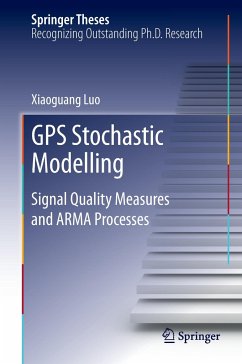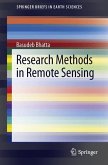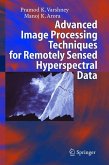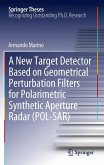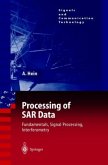Global Navigation Satellite Systems (GNSS), such as GPS, have become an efficient, reliable and standard tool for a wide range of applications. However, when processing GNSS data, the stochastic model characterising the precision of observations and the correlations between them is usually simplified and incomplete, leading to overly optimistic accuracy estimates.
This work extends the stochastic model using signal-to-noise ratio (SNR) measurements and time series analysis of observation residuals. The proposed SNR-based observation weighting model significantly improves the results of GPS data analysis, while the temporal correlation of GPS observation noise can be efficiently described by means of autoregressive moving average (ARMA) processes. Furthermore, this work includes an up-to-date overview of the GNSS error effects and a comprehensive description of various mathematical methods.
This work extends the stochastic model using signal-to-noise ratio (SNR) measurements and time series analysis of observation residuals. The proposed SNR-based observation weighting model significantly improves the results of GPS data analysis, while the temporal correlation of GPS observation noise can be efficiently described by means of autoregressive moving average (ARMA) processes. Furthermore, this work includes an up-to-date overview of the GNSS error effects and a comprehensive description of various mathematical methods.
From the reviews:
"The book is mathematical in that it is intended for readers who have a working knowledge of mathematical tools for communications systems. While the book is reasonably self-contained in terms of reviewing mathematical prerequisites and giving a broad view of the physical elements affecting GPS performance, at a technical level it is really intended for readers interested in designing components of GPS systems, or in policies pertaining to GPS systems." (Joseph D. Lakey, Mathematical Reviews, March, 2014)
"The book is mathematical in that it is intended for readers who have a working knowledge of mathematical tools for communications systems. While the book is reasonably self-contained in terms of reviewing mathematical prerequisites and giving a broad view of the physical elements affecting GPS performance, at a technical level it is really intended for readers interested in designing components of GPS systems, or in policies pertaining to GPS systems." (Joseph D. Lakey, Mathematical Reviews, March, 2014)

